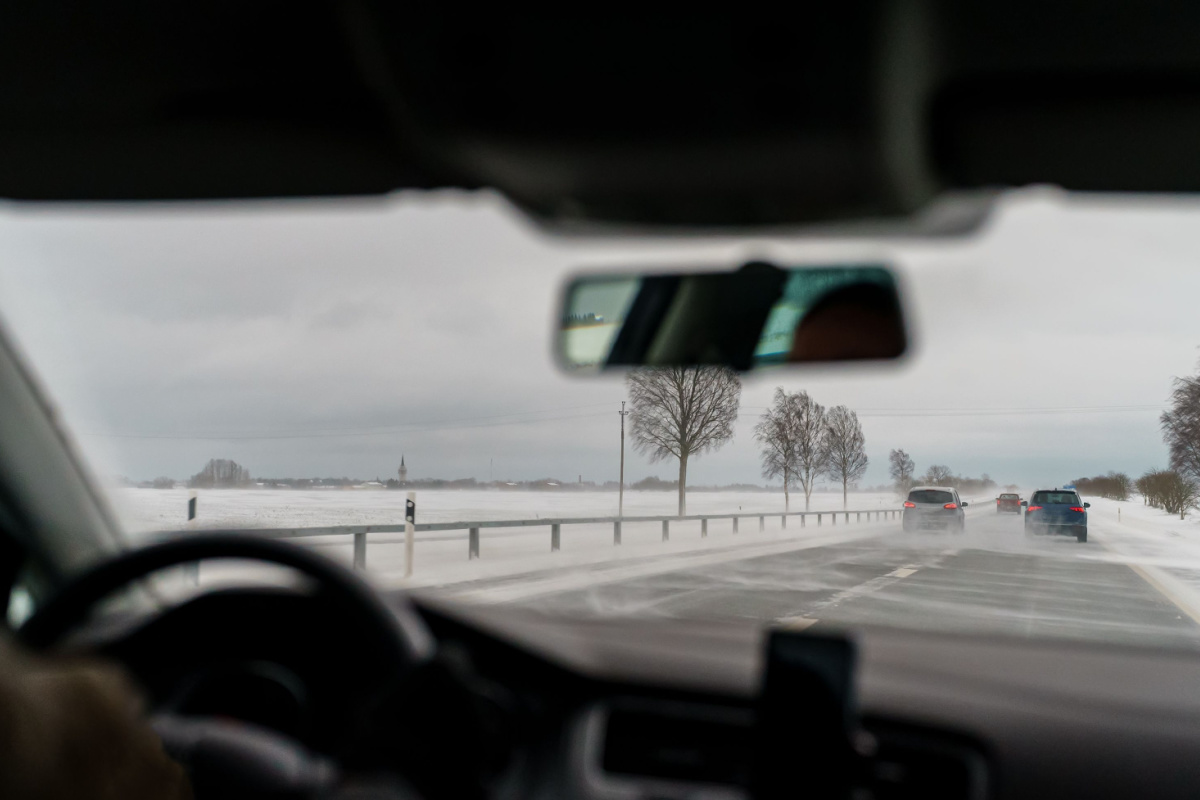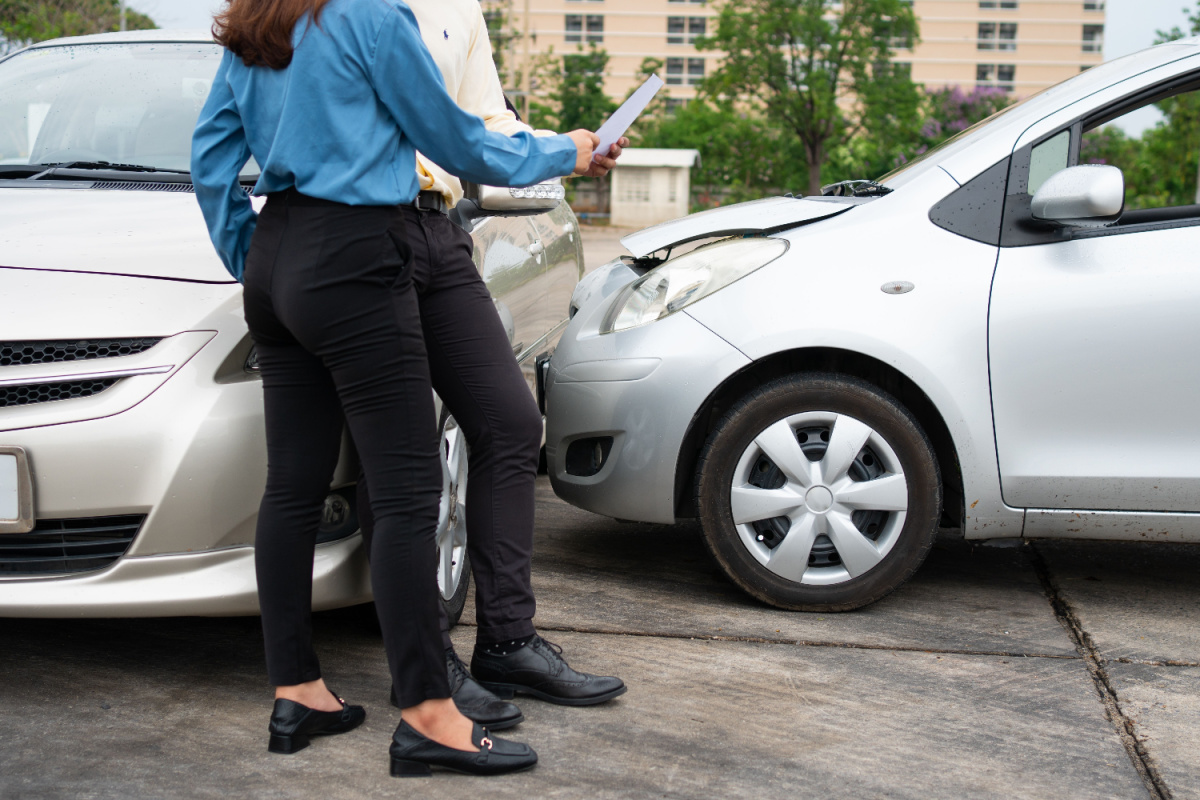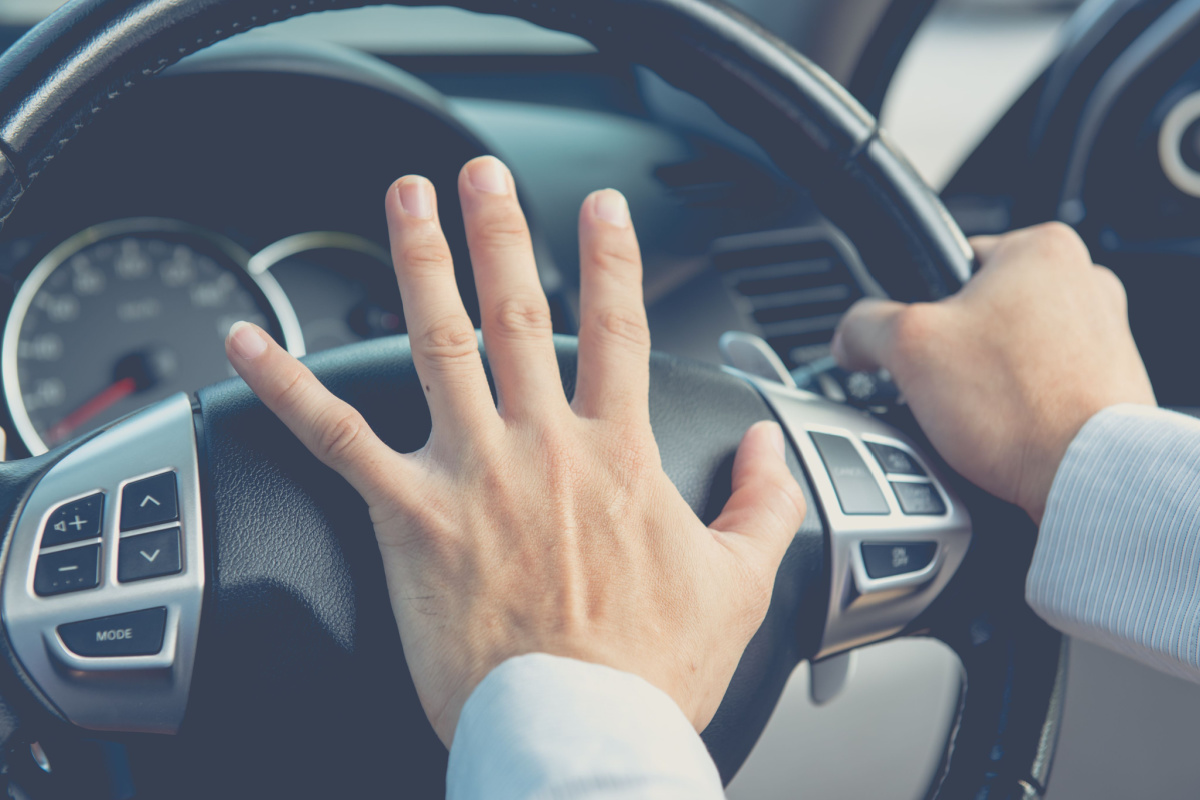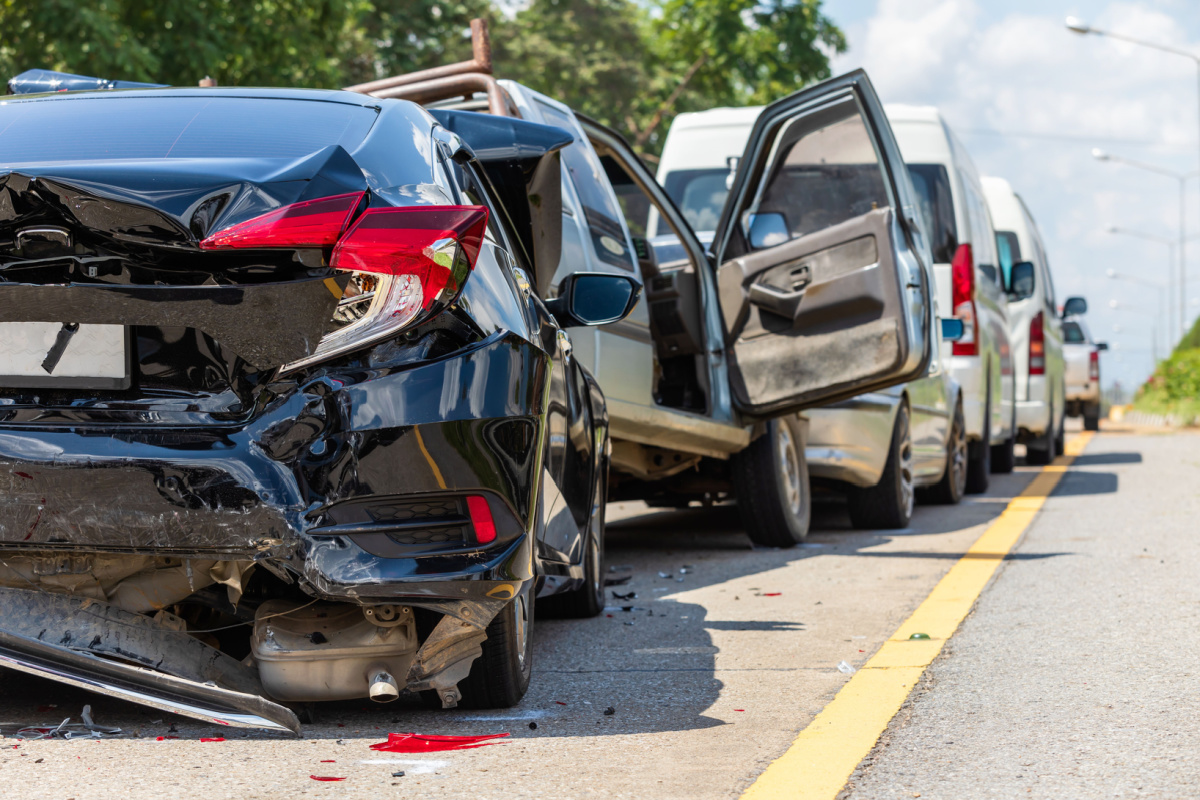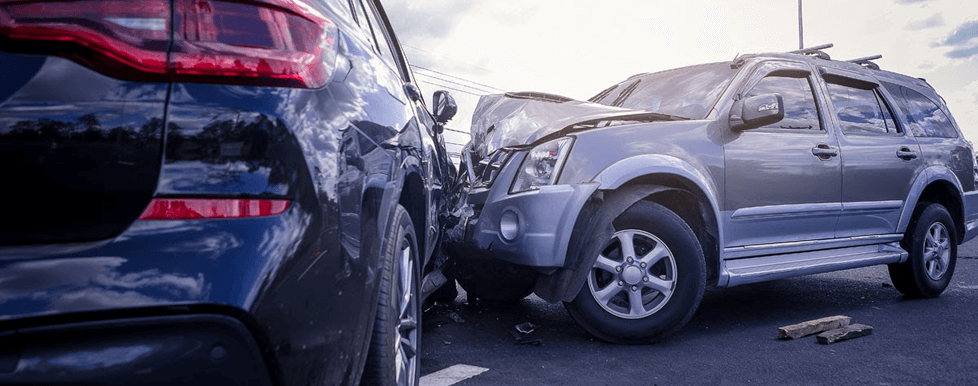
There are so many variables at play during a car wreck. Sometimes, when two cars collide, it can be obvious who is at fault, but other times, the fault is not so easily determined.
How To Understand Who is At Fault When There is a Car accident?
What if a collision happens when one of the drivers is speeding, and the other driver fails to stop at a red light? What if one of the drivers is texting while the other is using their cellphone to video chat? What if someone is driving too close, but they are following a driver who is putting on makeup when the crash occurs?
Every car crash has conflicting perspectives or statements. When proving who is at fault in a vehicle crash where both parties might share responsibility, proof and tangible evidence are hard commodities to come by.
Iowa Law on Fault in Car Accidents: What You Need to Know
So, who is at fault? According to Iowa law, the answer is simple – both drivers are at fault.
But if both drivers share fault, who is eligible to recover compensation for damages? Again, the answer is simple – the driver with the lesser contribution for causing the crash is entitled to recover damages.
This is managed under Iowa Code section 668.3, otherwise known as Contributory Negligence Law. Under this statute, the responsibility falls on claimants and personal injury attorneys to prove they or their clients are only 50% (or less) accountable for the accident.
Duty of Care: A Crucial Concept in Car Accident Cases
To establish negligence, the claimant must first prove the other driver was a worse violator of a legal obligation known as Duty of Care. This requirement establishes a standard for drivers operating vehicles to be attentive, cautious, prudent, and act with care toward other drivers and anyone else sharing the road, including passengers and pedestrians.
If one driver owes the other driver a Duty of Care and breaches this duty or fails to meet it, they could be deemed negligent and responsible for an accident. This makes them liable to compensate for any damages that resulted from the accident. This can be an extensive list, but usually starts with:
- Damage to property
- Lost wages
- Medical expenses
After the failure of Duty of Care is proven, a claimant will need to confirm two other elements of negligence:
- Proximate cause – The plaintiff’s injuries would not have occurred if it were not for the defendant’s conduct or actions.
- Damage- The plaintiff suffered damages due to the defendant’s actions.
Comparative Negligence Laws: Tough Decisions to be Made
So, the two drivers involved in an accident stand opposed to one another. Both accept part of the blame, but both also say the other driver is more at fault. They push the higher percentage of liability back and forth. All this contesting can get contentious.
Because of the comparative negligence rule a lot of these cases have little to no empirical evidence for allocating the majority of fault. The ability to present a persuasive case is essential because deciding liability percentages usually come down to one of two processes:
- Negotiations with a claims adjuster from an insurance company, or
- A judge or jury hands down a verdict determining who bears the most blame
Modified Comparative Fault: Its Significance in Your Case
In Iowa, the determinations of liability rely on a rule known as Modified Comparative Fault, meaning the recovery of damages is dependent upon what percent of fault the driver is responsible for in the accident.
If any of the parties involved in the car crash share a portion of the blame, the percentage of that responsibility impacts the amount of compensation either sought or received. If a plaintiff’s negligence percentage reaches 51% or over, the recovery of damages is not possible.
The percentage of fault dictates the reduction of the total damages recovered. Usually, the percentage of blame becomes simple math – 25% of responsibility reduces the total damages by 25%.
So, if a driver fails to switch on their turn signal as they weave into the passing lane, and a speeding driver fails to see them in time and smashes into their rear-end, both parties may be found to share responsibility for the crash.
So, if a driver fails to switch on their turn signal as they weave into the passing lane, and a speeding driver fails to see them in time and smashes into their rear-end, both parties may be found to share responsibility for the crash.
Dealing with Insurance in Cases of Comparative Negligence
In most cases, both the claim payouts and the final decisions on fault come from insurance companies. That does not mean these decisions on negligence are determined without the participation of several sources. These may include:
- Police – Drivers might be ticketed for infractions. Police officers might file a police report or write a statement or various notes concerning the incident. Police do not always respond to accidents unless they are serious or an obvious crime like a hit-and-run.
- Insurance Companies – Investigations are conducted for all claims. They will interview the drivers and all the witnesses. Damaged vehicles will be inspected. Local vehicle laws will be reviewed. The accident scene is usually visited and investigated. An insurance company can counter or disagree with the findings on a police report.
- Claimants – In order to confirm claims, a plaintiff might offer photos or videos of the crash scene, property damage, and physical injuries.
Insurance companies will review the compiled evidence and determine the percentage of fault for each driver. Then, they will process settlements on claims according to the negligence laws described above.
But there are times when the outcome gets taken away from the insurance companies and arguments regarding fault get heard in a court. Here, a judge or jury makes the final decision on fault.
The Benefits of Hiring an Experienced Des Moines Car Accident Lawyer
A personal injury attorney can also help negotiate a claim and have a claimant’s back if it goes to court. The Des Moines and Cedar Falls’ personal injury attorneys at Mueller, Schmidt, Mulholland & Cooling can help. Contact us by calling 1-515-444-4000 or Click Here for a free consultation of your case.
The skilled legal team at Mueller, Schmidt, Mulholland & Cooling is well-versed in these matters, ensuring you’re informed about the role of an auto accident attorney, the implications of post-accident medical issues, and how previous injuries could influence your case. They can also guide you through complex scenarios, such as understanding the legal implications of using personal vehicles for work purposes in Iowa, and advise on the latest challenges, including the impact of Delta-8 in auto accidents. Their expertise is just a call away, ensuring comprehensive legal support tailored to your unique situation.
Can’t find your problem listed here? You can check the other services offered by car accident lawyers in the firm.
Still unsure about whether to seek help? You can see the results that the team delivers to better understand the process and see if they are the right fit for you.
Categories
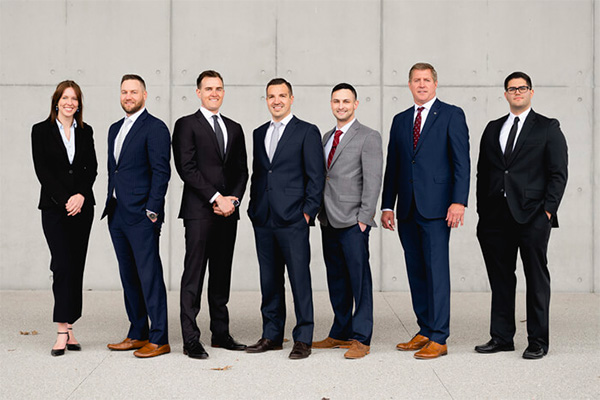
Providing Unmatched EXPERIENCE On Your Case When you find yourself in a situation where you’ve been treated unfairly or you’re in the middle of a legal disagreement, it can be difficult to know what your rights are and how to proceed.



